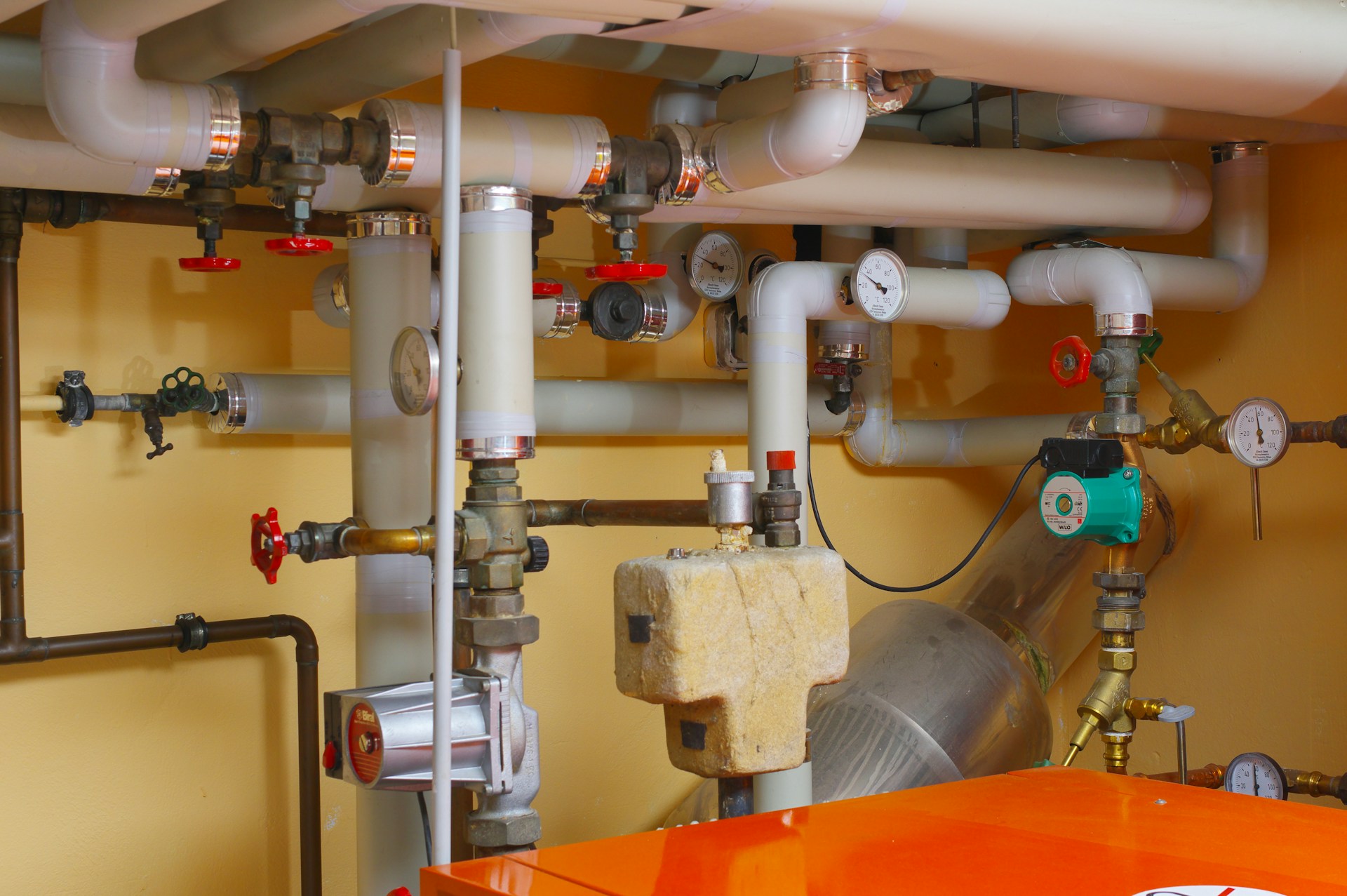Hello, Union City homeowners and property managers! Navigating the complex world of plumbing codes and regulations can be daunting, but understanding these rules is essential when planning plumbing repair in Union City. Whether you’re hiring a professional or considering DIY repairs, this guide will help you understand the key requirements that affect your plumbing projects.
Why Plumbing Codes Matter in Union City
Union City plumbing codes aren’t arbitrary bureaucratic hurdles—they serve important purposes:
– Public Health Protection: Ensures safe drinking water and proper sewage disposal
– Water Conservation: Addresses California’s ongoing drought concerns
– Disaster Resilience: Includes seismic safety requirements for our earthquake-prone region
– Property Value Protection: Code-compliant plumbing maintains home values and prevents future problems
– Environmental Protection: Prevents contamination of our local waterways and San Francisco Bay
Ignoring these codes can result in:
– Failed inspections and costly rework
– Potential fines from the city
– Insurance claim denials for non-compliant installations
– Disclosure requirements when selling your property
– Health and safety risks to your family and community
The Hierarchy of Plumbing Codes Affecting Union City
Union City’s plumbing regulations come from multiple levels:
1. California Plumbing Code (CPC)
The foundation of Union City’s plumbing requirements is the California Plumbing Code, which is based on the Uniform Plumbing Code but includes state-specific amendments. This code is updated every three years, with the latest version adopted in 2022.
2. Alameda County Requirements
The county sometimes adds requirements specific to our regional concerns, particularly regarding water conservation and earthquake safety.
3. Union City Municipal Code
Our city adds specific local requirements that address our unique conditions, historical patterns, and community priorities.
4. Water District Regulations
Depending on your location in Union City, your water supplier may have additional requirements, particularly for backflow prevention and water conservation.
Key Code Requirements for Common Plumbing Repair in Union City
Let’s break down the major code requirements you’ll encounter during typical plumbing projects:
Water Heater Installations and Replacements
Water heater regulations are particularly strict due to both safety and conservation concerns:
– Permitting: All water heater replacements require permits, even like-for-like exchanges
– Seismic Strapping: California requires double strapping with approved straps
– Expansion Tanks: Required on closed systems to prevent excessive pressure
– Pressure Relief: Temperature and pressure relief valves must discharge near the floor
– Efficiency Standards: New installations must meet minimum energy efficiency ratings
– Drip Pans: Required in certain installation locations to prevent water damage
– Gas Line Requirements: Specific requirements for gas connections, including flexible connectors
– Venting: Strict requirements for proper venting to prevent carbon monoxide issues
Common Code Violations: Many DIY water heater installations in Union City fail inspection due to improper strapping, inadequate TPR valve discharge pipes, or non-compliant gas connections.
Toilet Replacements
Even something as simple as replacing a toilet has code requirements:
– Water Efficiency: All new toilets must use no more than 1.28 gallons per flush per California regulations
– Wax Rings and Seals: Must create watertight connections to prevent sewer gas leakage
– Securing Methods: Toilets must be properly secured to prevent movement and seal breakage
– Clearances: Minimum clearances from walls and fixtures must be maintained
– Supply Lines: Must meet current code requirements, usually requiring replacement of older rigid supply lines
Common Code Violations: Many homeowners mistakenly install non-compliant high-flow toilets or fail to properly secure the toilet to the floor.
Drain and Sewer Line Repairs
Some of the most stringent codes relate to drain and sewer systems:
– Slope Requirements: Drain lines must maintain specific minimum slopes (typically 1/4 inch per foot)
– Clean-out Access: Accessible clean-outs are required at specific locations
– Materials: Only approved materials can be used for specific applications
– Venting: Proper venting is required to prevent siphoning and ensure proper drainage
– Connections: Specific methods must be used to connect different pipe materials
– Backwater Valves: Required in some locations to prevent sewer backups
Common Code Violations: Improper slopes, using non-approved materials, and inadequate venting are frequent issues with DIY drain repairs.
Faucet and Fixture Replacements
Even minor repairs have code implications:
– Water Efficiency: Lavatory faucets limited to 1.2 GPM, kitchen faucets to 1.8 GPM
– Backflow Prevention: Required for hose attachments and certain applications
– Shut-off Valves: Required for each fixture for maintenance purposes
– Secure Mounting: Fixtures must be securely mounted to prevent movement
– Accessibility: Certain clearances required for usability and maintenance
Common Code Violations: Installing non-compliant high-flow fixtures is the most common issue, particularly with online purchases of fixtures not approved for California.
Permit Requirements for Plumbing Repair in Union City
Understanding when permits are required will save you headaches and potential fines:
Projects ALWAYS Requiring Permits:
– Water heater replacements
– Repiping projects (even partial)
– Sewer line repairs or replacements
– Adding new fixtures or relocating existing ones
– Gas line modifications
– Water service line replacements
– Adding backflow prevention devices
Projects GENERALLY Exempt from Permits:
– Repairing leaking faucets or valves
– Clearing clogged drains
– Replacing faucets without changing supply lines
– Replacing toilet fill valves and flappers
– Minor repairs that don’t involve changing pipe configurations
Permit Process in Union City:
1. Submit application through the Building Department
2. Pay required fees (typically $150-300 for basic plumbing permits)
3. Receive permit approval
4. Complete work
5. Schedule required inspections
6. Receive final approval
Pro Tip: When hiring plumbing repair services in Union City, verify they’ll pull appropriate permits. Some contractors may suggest skipping permits to save money, but this creates significant liability for homeowners.
Special Union City Requirements to Be Aware Of
Our city has some unique requirements that may not apply elsewhere:
Earthquake Safety
– Automatic gas shut-off valves are required for major remodels and new construction
– Water heaters require approved seismic strapping methods specific to California
– Flexible connectors required for gas appliances
Water Conservation
– Union City enforces California’s water-efficient fixture requirements strictly
– Outdoor irrigation systems must include rain sensors or smart controllers
– Pre-rinse spray valves in commercial kitchens limited to 1.15 GPM
Backflow Prevention
– Annual testing required for installed backflow prevention devices
– Specific locations require backflow preventers (irrigation systems, fire sprinklers, etc.)
– Only approved devices and installation methods permitted
Older Home Considerations
Many Union City homes built before 1970 have special considerations:
– Galvanized pipe replacements must meet current code
– Cast iron to ABS or PVC transitions require specific methods
– Lead solder remediation may be required during major repiping
Working with Professional Plumbing Repair in Union City
Licensed plumbers familiar with local codes can save you significant hassle:
What Professionals Provide:
– Knowledge of current code requirements
– Handling of permitting process
– Proper materials and installation methods
– Coordination with inspectors
– Documentation of code compliance
– Warranties that typically require code compliance
Questions to Ask Plumbers About Codes:
– “Are you familiar with Union City’s specific requirements?”
– “Will you obtain all necessary permits?”
– “Is this installation/repair method compliant with current codes?”
– “Will you handle the inspection process?”
– “Do you provide documentation of code



